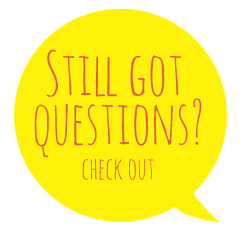Online Safety
Our children have never seen a world split between the online and the offline. They are using the online space for learning, exploration, experimentation, play and pleasure. From entrepreneurship to making social change – the internet has given them an early window to make their mark on the world.
The Internet is neither just “an innovation for good” nor “an instrument of evil” or even “just a tool”. It seems easy and getting easier all the time but it is in fact a complex entity. Learning about using it safely and securely yourself and teaching your children about it is the first step towards enabling them to avoid the risks.







